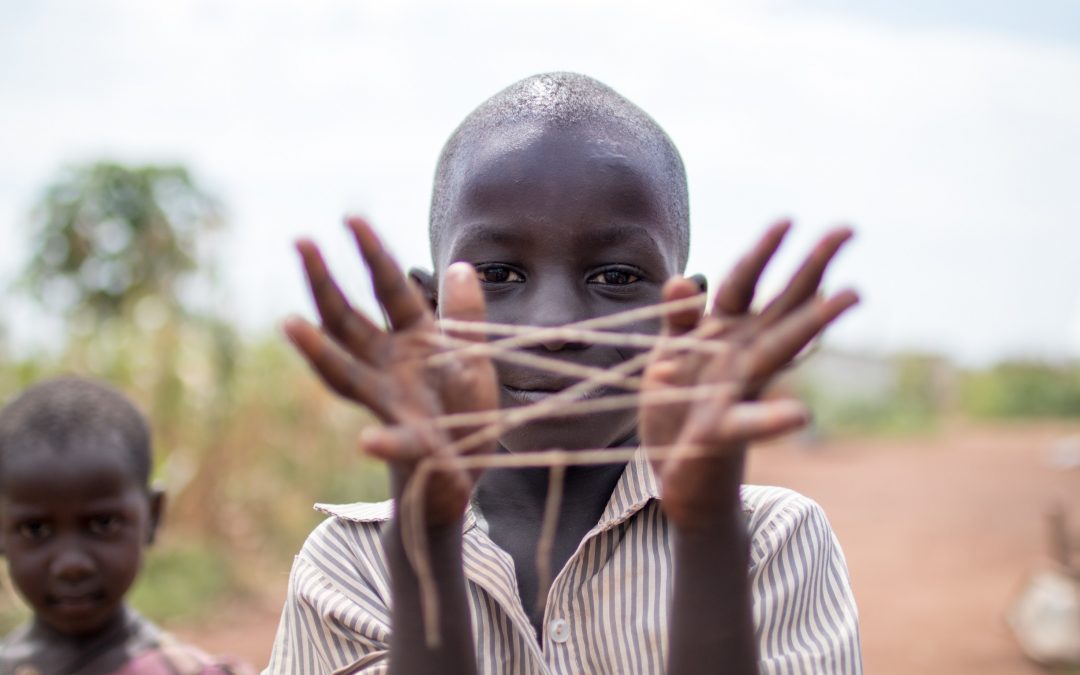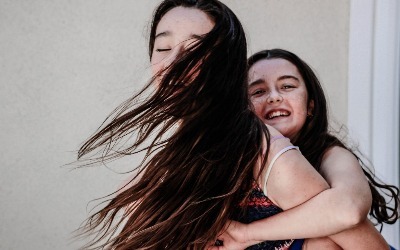
Imagination is a Superpower
Imagination powers creativity. Creativity powers reality, and the created reality fuels experience. Experience rebirths imagination and on and on we go.
If you agree with the statements above, you will notice the cyclical nature of how we humans create our realities. You may also consider the way imagination is rebirthed based on the experience or the interpretation of the experience as good or bad. I want to propose that we the adults in our communities, societies and the world have a responsibility to the younger generations and the generations yet to come, to help create a world of reality that is grounded in compassion, kindness, sharing, and responsibility.
If the little voice in your head went, “yes that would be nice, but that is a pipe dream.” This task may seem Herculean, and you may have given up even before you start. I encourage you to consider that our responsibility as adults is to create spaces (home, schools, sports teams, etc.) for our children to be creative in building their world. At the risk of sounding jaded, I believe that the possibility of a brave, responsible and compassionate world will be created by the young among us.
Pre-teens and early teens are the most creative and fairness minded times in the human being’s lifetime. You may have noticed this with your children as I see with my 10-year-old; her most significant concerns is about how things have to be fair. Her complaints always start with, “That is not fair.” She has come to me with challenges she is facing with her friends at school or her cousins. She has a sense of fairness, this idea of equality in play, in sharing, etc.
When she has come to me with her challenges, here is what I have done in the past:
• I have asked her to assert herself
• I have asked her to find new friends
• I have asked her to complain to an adult that is around
• I have asked even to stop talking to or playing with some of her friends
You see how all of these are rooted in the idea of, “Look after yourself. Others don’t matter.” In doing so, I imposed my way of being and in some way crushed her fairness and didn’t make a space for her to come up with a creative and fair way of dealing with the situation.
Realizing this, I tried a different approach with her and her friends when they disagreed about something a few weeks ago. Here is what I tried:
• I asked each of them if they liked each other? The answer was yes.
• I asked if they wanted to make and see each other happy? The answer was yes.
• I asked if what they were fighting about was important enough to put a rift between them? The answer was no.
• Then I asked them, to suggest how they could have dealt with the situation that would keep each of them satisfied by giving up something. The girls’ answers amazed me –
o One of them said we could have played a different game that would involve all equally.
o Another said we could have been better about taking turns
o My little girl said I could have found something to do till they finished playing. I don’t mind being on my own. I could have let them know I was waiting to play with them and they would have completed what they were doing, and we could have started a new game.
The core of the solution to this incident was each of their already available knowledge of respect, compassion, fairness, and responsibility to each other. We adults, with our insecurities of the world, sometimes blemish this knowledge.
All three of them went on to play as happy as clams.
Here are the lessons I got out of this incident:
1. I as an adult push my insecurities about people and the world on to my daughter.
2. My daughter and the other kids are perfect and complete as they are.
3. As an adult in their lives, my responsibility is to nurture their inner power and resources and not to impose my idea of how things are supposed to be. (That has not always worked out great for me. Why should I believe that is the best way to be?)
4. I am limited in understanding and suggesting ways to deal with situations in any other way than my limited view of the world.
5. I have the power to create a space for them to come up with ways to deal with it and trust that their imagination and creativity will carry them through.
I feel that dealing with one incident creatively, sets a template for these kids to deal with other events creatively as well. I as an adult have to stand for and commit to making space for them to be able to build on. It is in my power to let their imagination power their creativity, which in turn powers their reality towards positive experiences.

